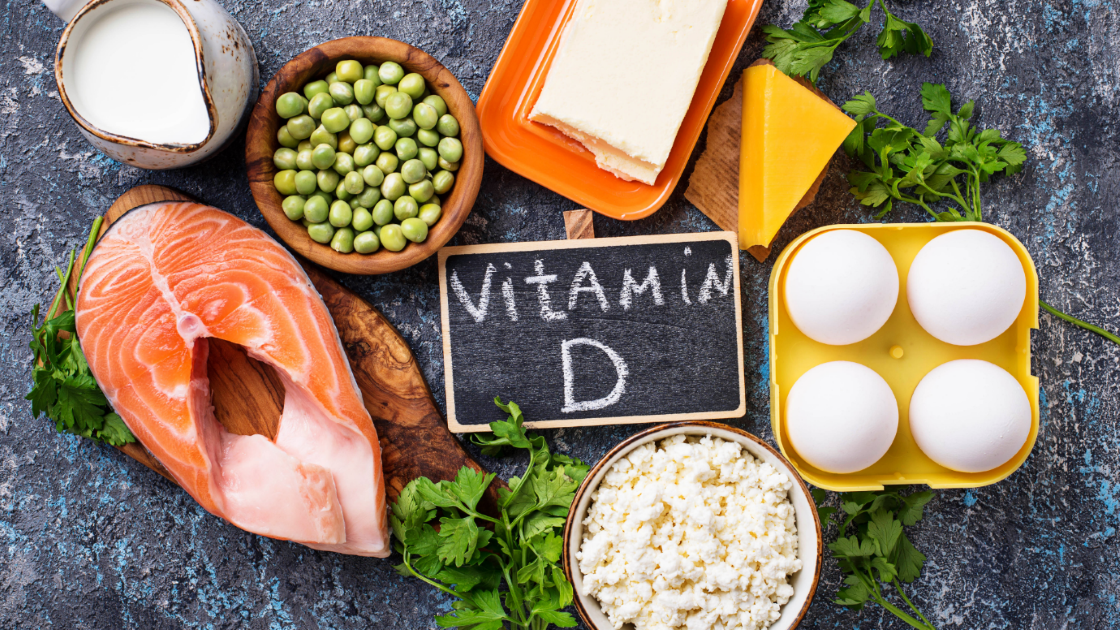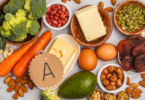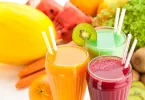If you are looking for foods that are high in vitamin D, look no further. Nonetheless, don’t be fooled: the primary source of vitamin D is not consumed. Are you aware of what it is? It’s the sun.
-
Cod liver oil
Cod liver oil is at the top of the list of foods that are high in vitamin D. This oil provides us with the daily requirement of vitamin D that we require in a single tablespoon. It also contains vitamin A and Omega 3 fatty acids, which are essential for good health.
-
Oily fish
Oily fish, such as salmon, tuna, sardines, and mackerel, are the foods that contain the highest concentrations of vitamin D in their natural state. Not only do they include this vitamin, but they also contain proteins and Omega 3.
-
Seafood
Seafood, with oysters at the forefront of the list, is also one of the best sources of vitamin D. Shrimps, prawns, and clams, on the other hand, are far more economical sources of this vitamin.
-
The liver
In addition to liver of animal origin, such as rabbit and calf livers, vitamin D can be found in other foods such as egg yolks and cheese.
-
Dairy products
Whole milk, whole yoghurt, cheese, and butter are all good sources of calcium. Butter and fatty cheeses, such as gouda, emmental, and parmesan, are among the foods that contain the most vitamins, but it is also true that these foods are high in calories. And if you do consume skimmed milk, make certain that it has been supplemented with vitamin D, as vitamin D is a fat-soluble vitamin that is present in fat.
-
Eggs
Among its many other characteristics, such as their high concentration of high-quality proteins, eggs stand out as another meal that contains the vitamin D supplement vitamin D. In this case, it is concentrated in the fat-soluble form of vitamin D, which is more readily absorbed. It is concentrated in the fat of eggs, as is the case with other animal products. In addition, because vitamin D is concentrated in the yolk of eggs, if you only use the whites, you will miss out on the benefits of the vitamin.
-
Mushrooms
The vitamin D-containing food mushrooms is another source of this nutrient. Though they are already harvested, it is recommended that they be exposed to sunlight before consumption because, according to a study conducted by the University of Boston (USA), they continue to convert the UV rays of the sun into vitamin D even after being picked and stored.
-
Avocado
Traditionally, avocado has been touted as an excellent source of vitamin D for those following vegetarian or vegan diets who do not want to rely on animal products, but recent research has called this claim into question.
-
Wheat germ
Another item that is thought to be high in vitamin D is some grains, such as wheat germ, that are of vegetable origin. However, just as with the avocado, there is a great deal of controversy around it.
-
The sun
Even though it is not technically a food, it is the undisputed king of vitamin D sources. It is estimated that more than 80 percent of this vitamin is received by sunlight, with just approximately 20 percent obtained from diet. Continue reading what we have to say about this crucial vitamin if you want to learn everything there is to know about it. Vitamin D is an extremely important vitamin in the maintenance of excellent bone and dental health. Nutritional supplementation with vitamin D is needed for the absorption of calcium and phosphorus from meals, and it also aids in the formation of bone tissue. As a result, it aids in the prevention of osteoporosis as well as the maintenance of endurance and muscle function. In addition, new research have found that it can assist to avoid serious diseases such as cancer and Alzheimer’s disease, among other things.
How Vitamin D is Obtained
It is also known as the “sunshine vitamin” since most of this vitamin is received through the skin when we are exposed to the sun’s ultraviolet (UV) rays. The General Council of Official Colleges of Dieticians and Nutritionists, led by Eva Pérez, states that roughly 20% of the needed daily levels can be obtained through food, which is why we should incorporate items that contain it in our daily diets.
Our bodies create more or less vitamin D depending on the season, where we live, how we live, and the colour of our skin, among other factors. In order to avoid a vitamin D deficit, we must be aware of the fact that certain circumstances, such as the administration of certain medications such as corticosteroids, can impair the absorption of the vitamin D we consume. Aside from that, those suffering from celiac disease, renal insufficiency, or being overweight have inadequate absorption of this vitamin.
Some other foods rich in Vitamin D
There are many other foods that naturally contain this vitamin in addition to fortified foods. Some of these foods include cod liver oil and other oily fish and seafood; chicken or cow liver; dairy products; eggs; mushrooms; avocado; wheat germ; mackerel liver
Vitamin D and Coronavirus
According to a Spanish study published in the Journal of Clinical Endocrinology & Metabolism of the Endocrine Society, 80 percent of patients admitted to the Hospital Universitario Marqués de Valdecilla (Santander) with COVID-19 were vitamin D deficient at the time of their admission. Another study, conducted by Bar Ilan University in Israel, came to the same conclusion: appropriate levels of vitamin D in the body aid the body’s ability to fight off the virus more effectively, hence decreasing the likelihood of complications and hospitalisation.
Are Vitamin D Supplements Necessary?
Only if your Vitamin D levels are low, as Dr. Patricia Yarnoz, a nutritionist at the University of Navarra Clinic, advises, should you consider taking Vitamin D pills. However, it is recommended that you contact with your doctor before taking any supplements.
The Bottom Line
However, while there are a broad variety of foods that contain this essential vitamin, it is important to remember that the sun is the most important source. In addition, it does not necessarily follow that you should expose your skin to the sun for extended periods of time, as the dangerous UVB radiations may cause skin cancer. Consider talking with your nutritionist before attempting any diets on your own as a safety precaution.







